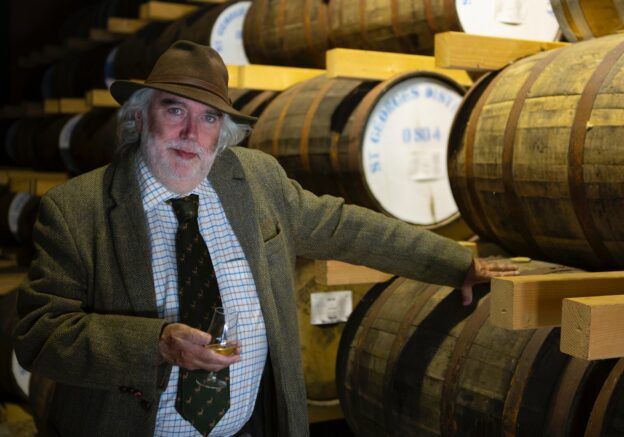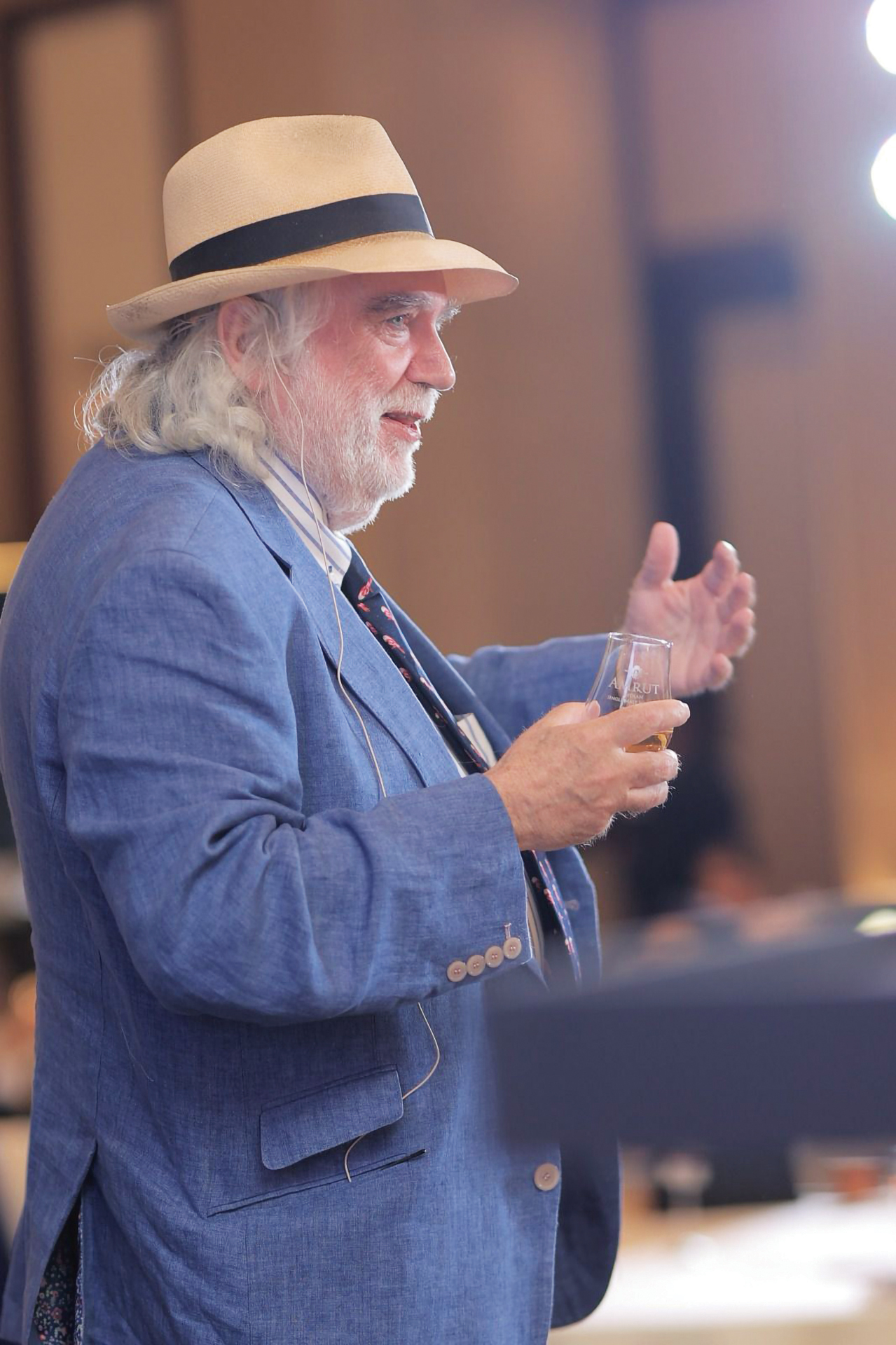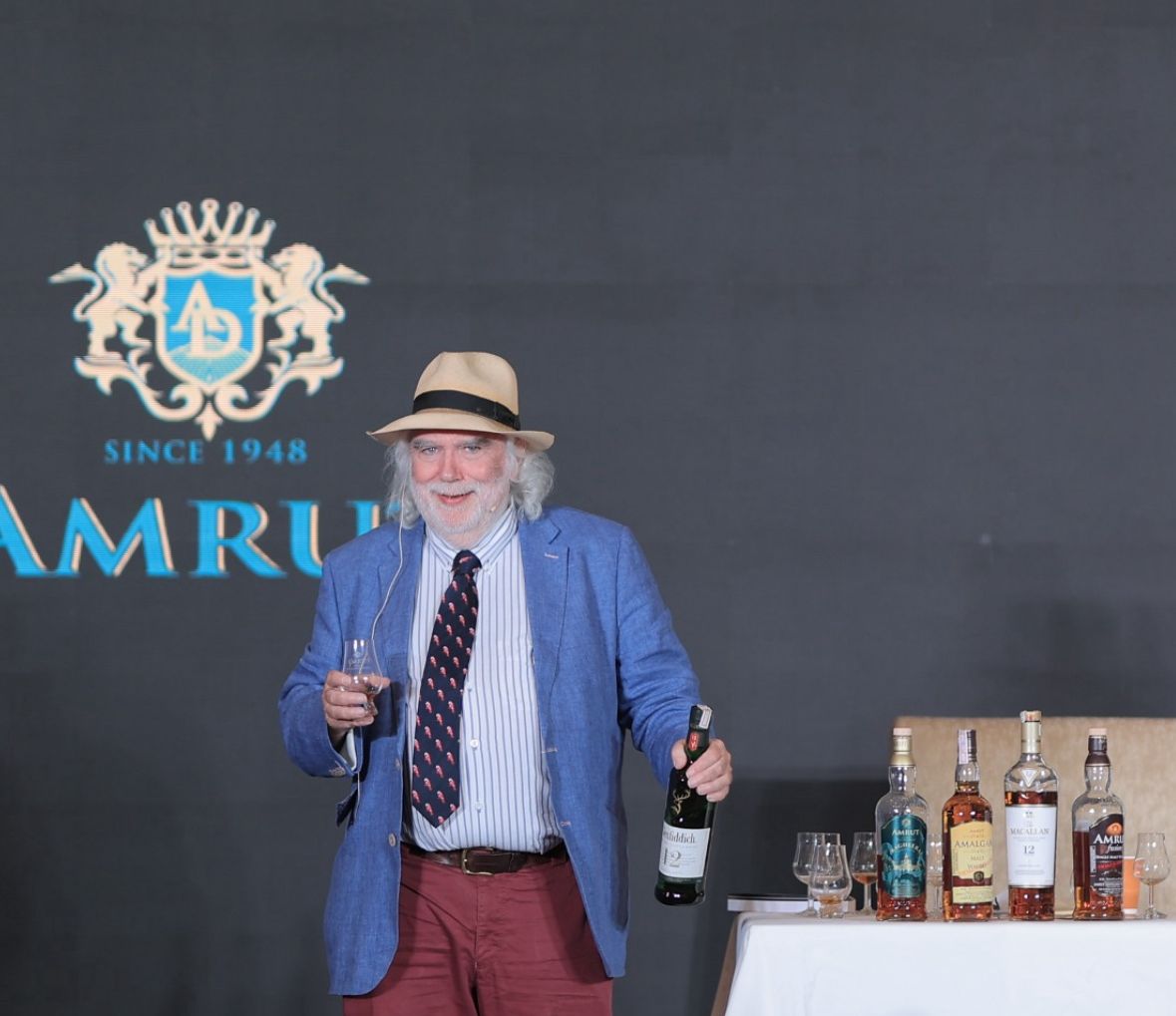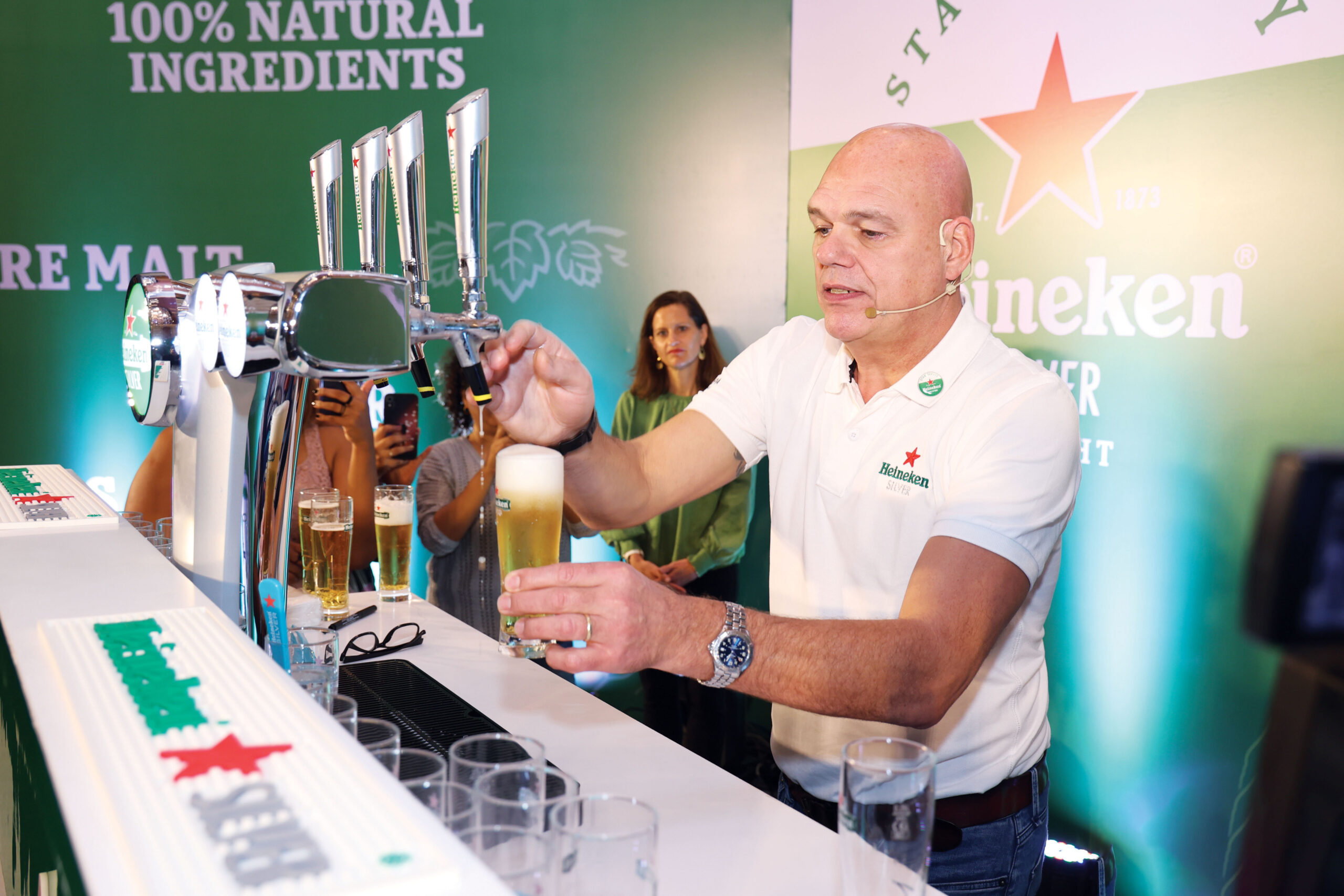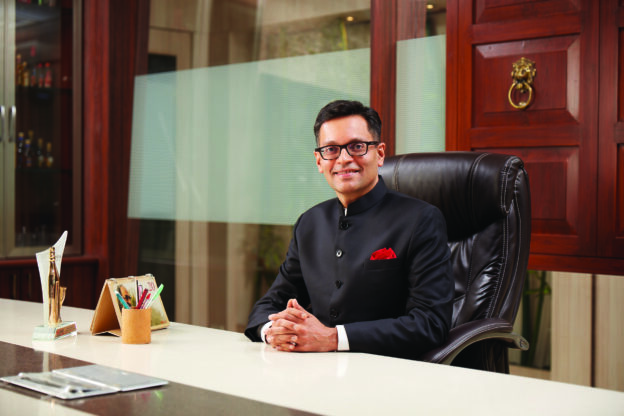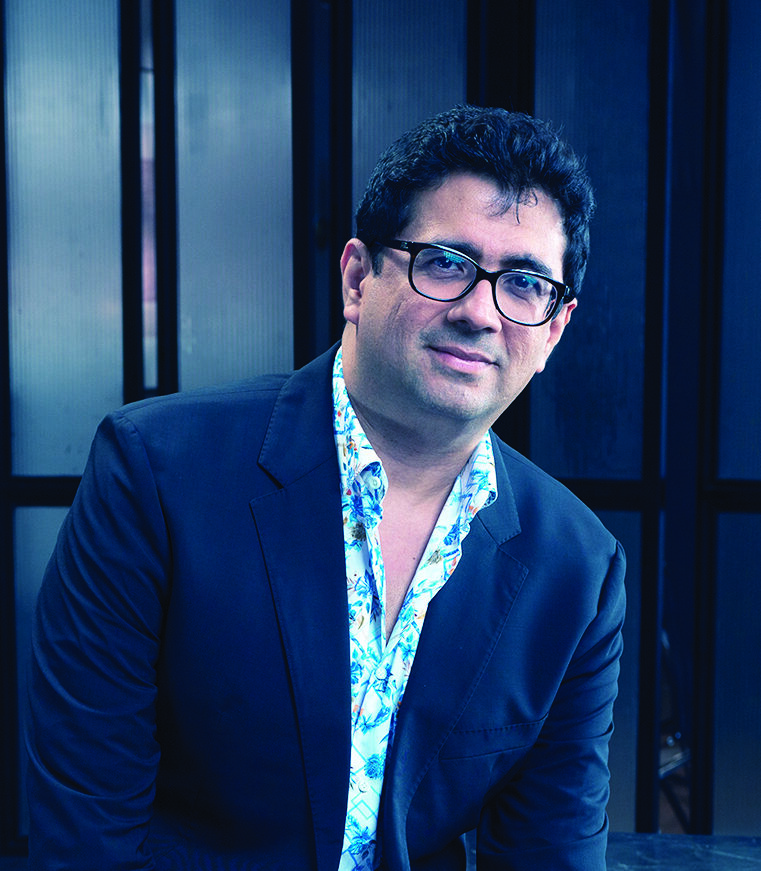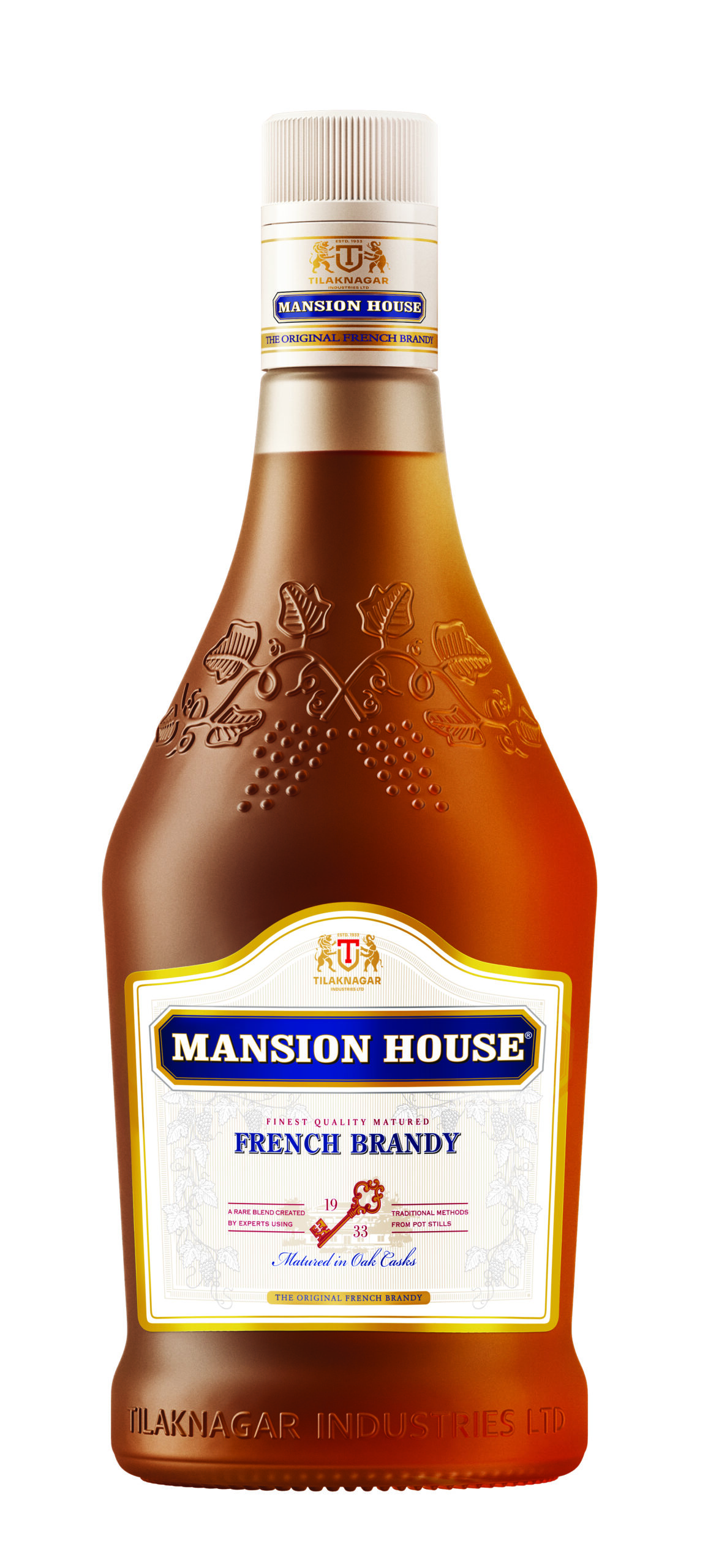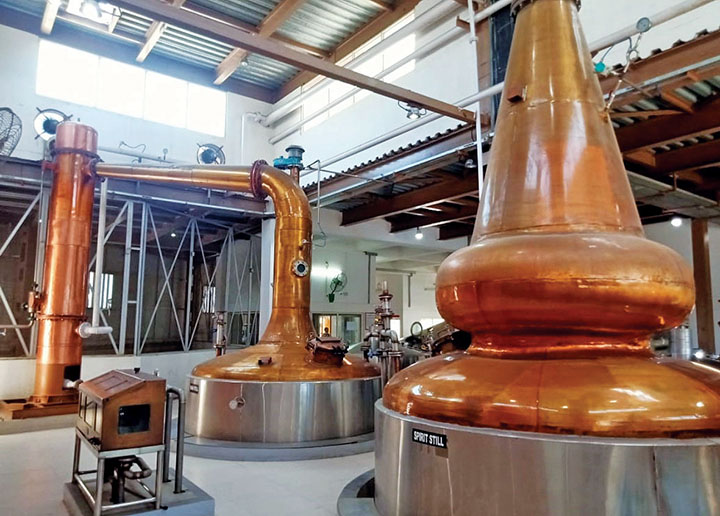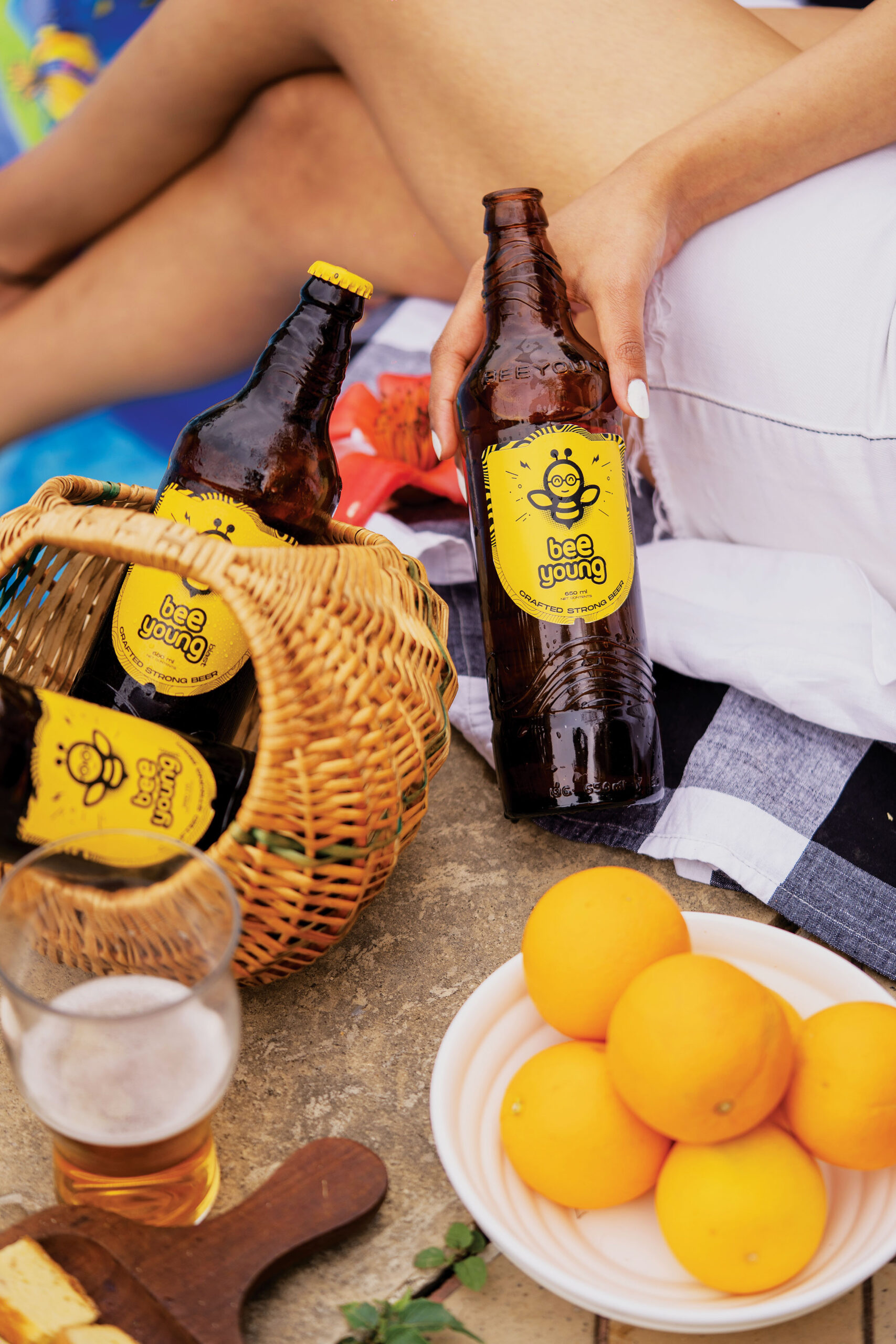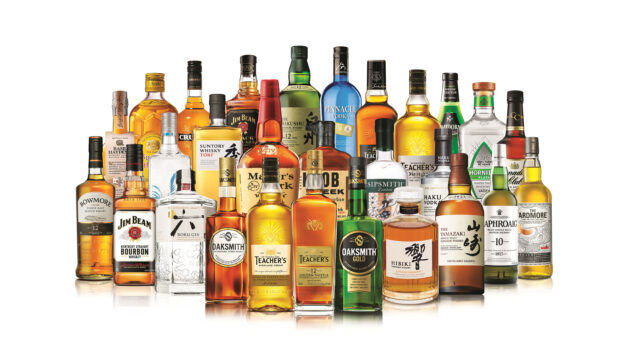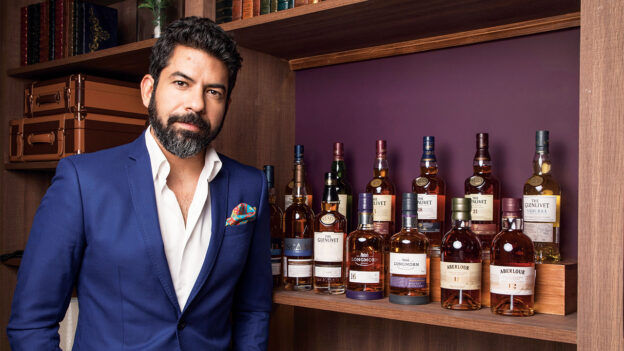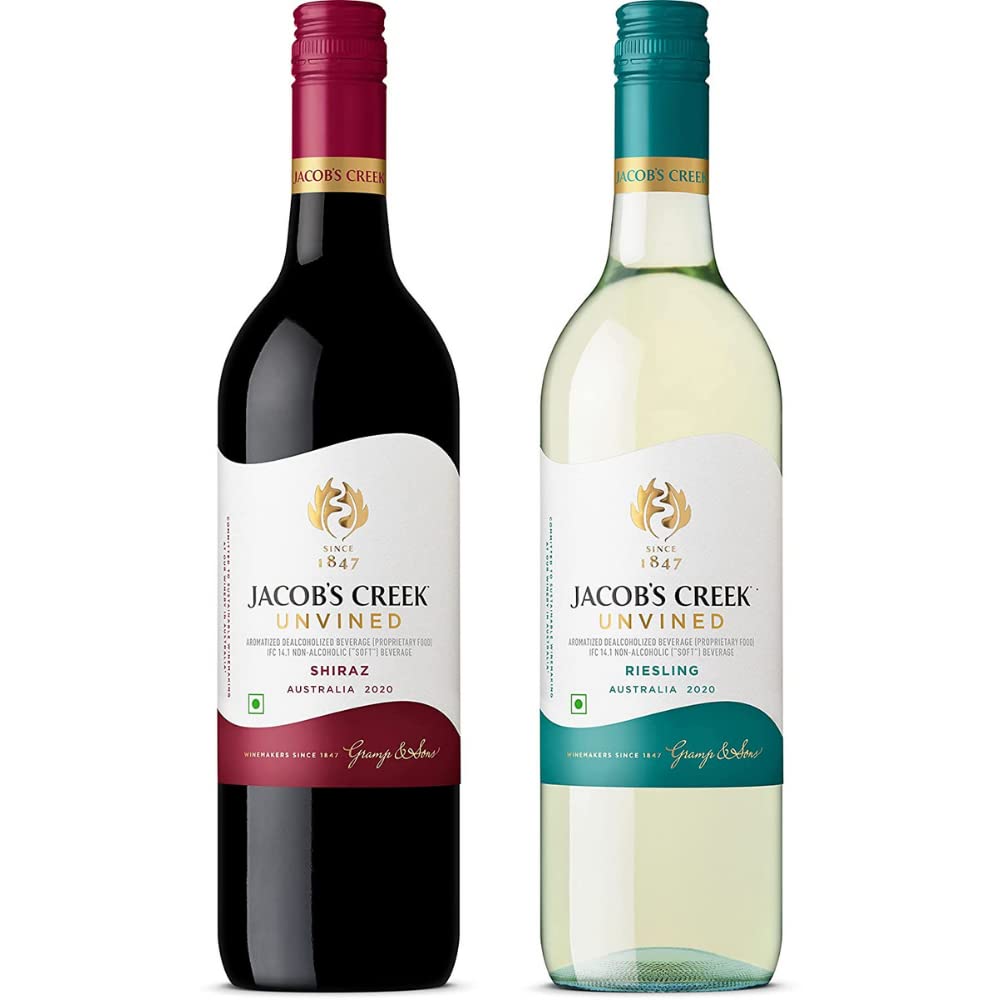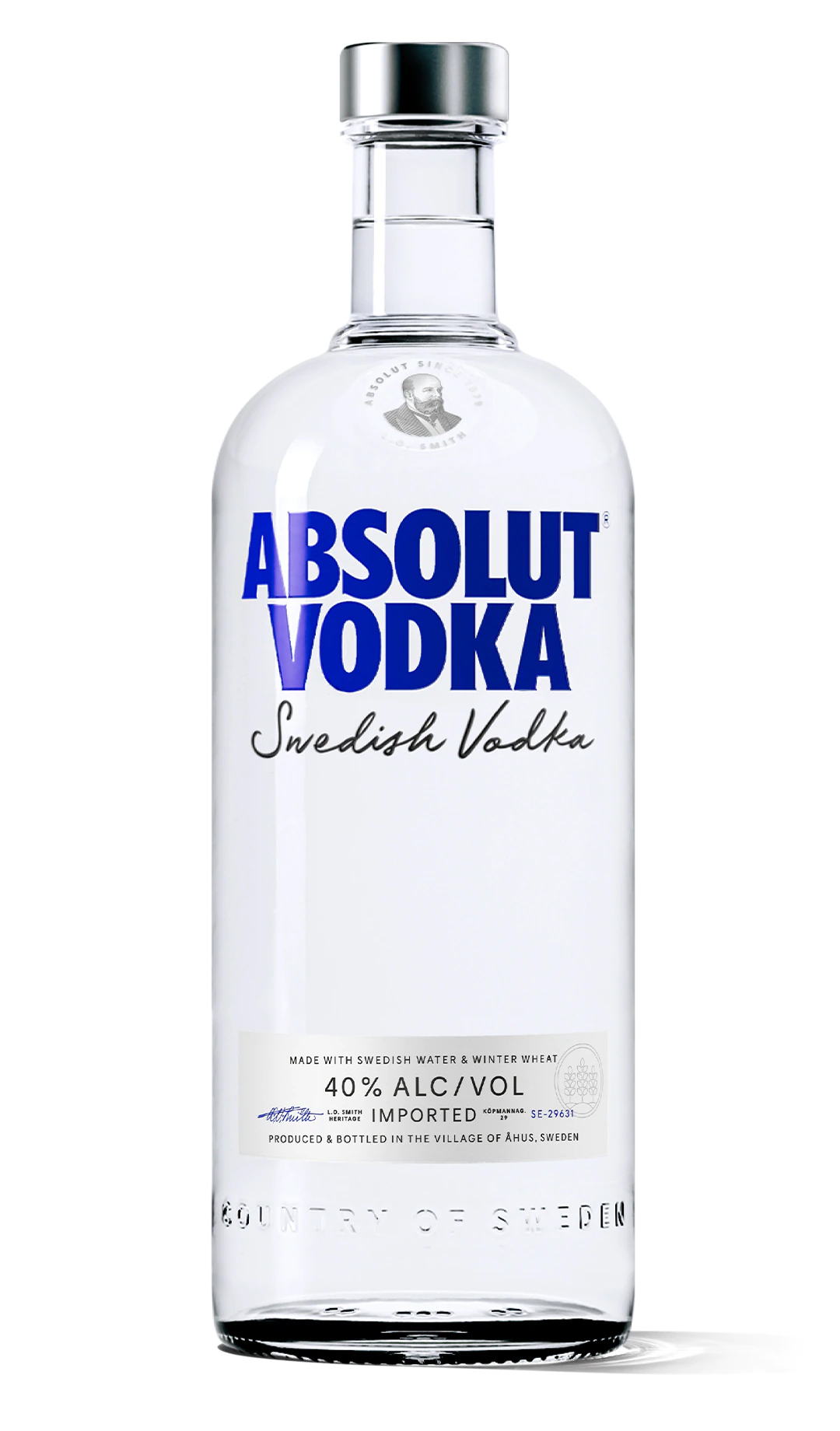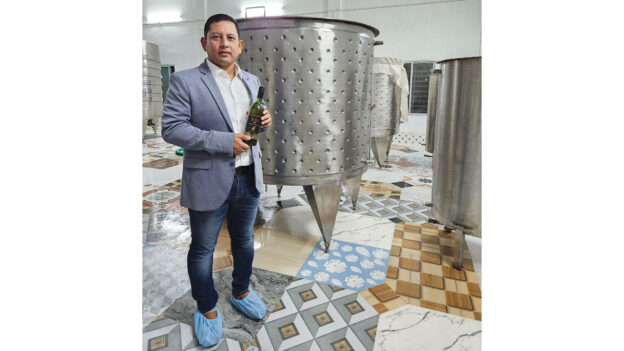Taking over the reins of one of the biggest companies in the market, can never be an easy task, especially when the daunting objective is to ensure double-digit growth, drive revenue and increase profits. Add to that, the first woman to lead the business, but Hina Nagarajan, Managing Director and CEO, Diageo India has not only successfully achieved this, but also surpassed many other feats. She speaks to Bhavya Desai about her journey, future objectives and more. Excerpts:
Since you took over, you’ve made incredible strides towards ensuring that the company becomes net debt free. How have you managed that?
The task ahead of me when I took charge in 2021 was to bring our Diageo India business on a sustained double-digit growth path, especially driving revenue and profitable share in the premium and prestige segments of the Indian alcohol market. Together with my leadership team, we made some strategic choices to win in this decade and beyond.
I led the execution of our portfolio reshape with the objective of accelerating premiumisation-led growth while delivering our guidance of mid to high teens margin. We completed the strategic review of our Popular brand portfolio, resulting in the sale of 32 mass brands and franchising of 11 brands in September 2022.
______________________________________________________________________________
Box Item:
- Our overall business growth has tripled in the period from 2021-23 vs. 2016-21.
- Our premium portfolio growth rates have doubled over the same period, P&A is 86% of our portfolio now
- Our brands are performing competitively in their respective segments 2-3 years in a row,
- And we have doubled the Market Capitalisation of USL since 2021.
______________________________________________________________________________
Our commitment to premiumisation is evident in our investments over the past years. We’ve introduced new products and innovations such as Royal Challenge American Pride, Epitome Reserve’s second limited edition of Peated Indian Single Malt in Goa, and Godawan, a unique single malt from Rajasthan. Additionally, our minority stake in Nao Spirits, the makers of Hapusa and Greater Than, underscores our strategy to grow in the luxury and premium segments, particularly in scotch, where we lead the market.
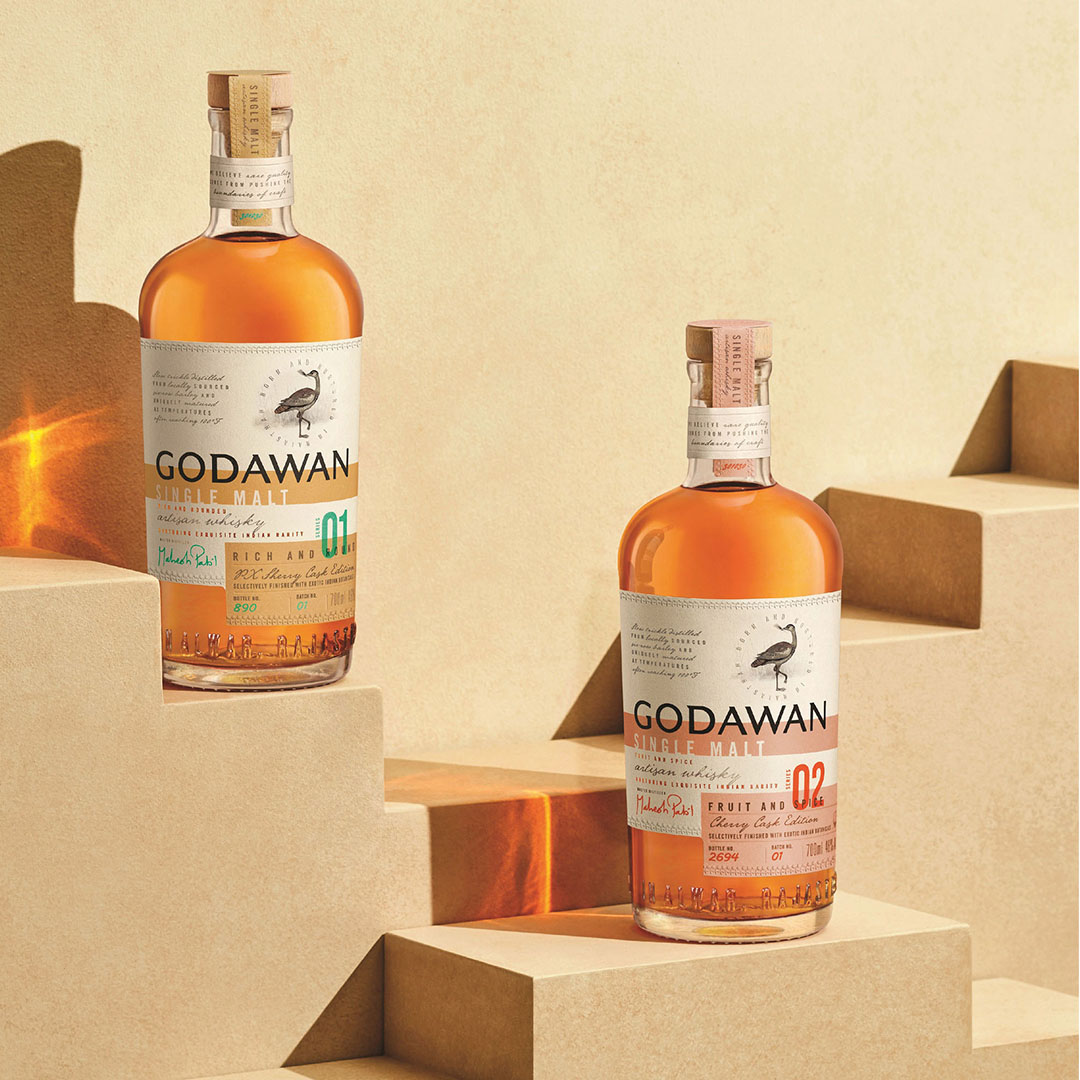
We also redefined our offerings in the Upper Prestige segment with unique products that resonate with new consumer trends. Furthermore, our efforts to premiumise and reposition brands in the Lower & Mid Prestige segments, such as McDowell’s No.1 Whisky and Royal Challenge Whisky, are part of our strategy to respond to evolving consumer needs.
With the consumer at the heart of our business, the strength of our reshaped portfolio, and the investments we are making to accelerate our strategic priorities, we have been able to deliver our mission of profitable double-digit growth for our business and in the process, wiped out our cumulative losses and declared dividend for the first time since acquisition a decade ago.
Having set on this path, what is Diageo’s next objective – in the coming years?
We feel extremely positive and excited about the future of the alcobev industry in India. The biggest transformation that we see is a whole new generation entering adulthood driven by a different, positive, and progressive set of values. India is in the middle of deep societal change led by women, youth and boom towns. This along with a massive growing need to ‘drink better, not more’ across all segments, is in line with our vision for the category.
The premiumisation trend will continue to stay strong with rising affluence. By 2030, 45% of Indian households (approx. 175 million households) will be in the upper mid and high-income groups. We see a big opportunity, not only to leverage this trend through our incredible portfolio of global and IMFL brands, but also to position Indian whisky as a characterful, distinct, high-quality offering by bringing the best of people, processes, and ingredients together to create bespoke liquids that are ‘Made in India’ for the world.
Our mission is to be a top CPG (Consumer Packaged Goods) company in India delivering sustained double digit topline growth with mid to high teen margins and long-term value to all our stakeholders. With this new strategy, we aim to deliver our Mission through 3 pillars that form the essence of our mission:
- Reshaping our portfolio with a focus on accelerating premiumisation-led growth, while delivering our guidance of mid to high teens margins.
- Creating an Organisation of the Future – We are building a future-ready organisation by investing in our talent, introducing market-leading policies and driving digital capabilities.
- Defining and executing an ambitious role for Diageo in Society 2030 focusing on promoting responsible consumption, championing inclusion & diversity, and pioneering grain-to-glass sustainability which includes preserving water for life, accelerating to a low-carbon world and lastly, becoming sustainable by nature.
Keeping our customers as our main focus, along with the reshaped portfolio of our products and the investments we’re making to accelatate our strategic goals forward, we are confident of growing our business in a steady and sustainable way.
How has the consumer landscape changed over the years in the industry?
India is in the middle of deep societal change led by rising affluence, women, youth and boom towns. The biggest transformation that we see is a whole new generation entering adulthood driven by a different, positive, and progressive set of values. This trend expands to middle India and boom towns which are undergoing a remarkable transformation, fuelled by high aspirations and digital revolution where consumers are looking for premium brands, products, and experiences. The new consumer cohorts are driven by values of authenticity, individuality, local pride and collaboration with women building a more inclusive consumption narrative.
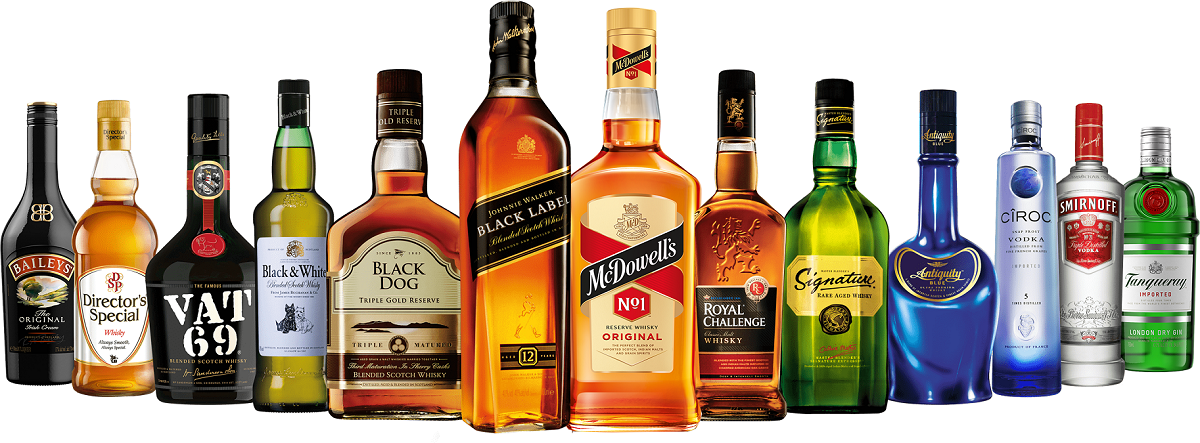
Digital has also been a big game changer. Most consumer journeys begin on digital with discovery, information, inspiration – informing them of their choices and behaviour and most of all aspiration and desire for what they want. If we look at the alcobev category, consumers are choosing different products for different occasions and need.
This means that repertoires are expanding from whisky to gin, vodka, rum, aperitifs, cocktails, etc. Consumers today choose to drink better, not more, leading to premiumisation of the alcobev category. At Diageo , we are responding to these structural shifts in consumer choices and behaviour, pivoted around premiumisation, wellbeing and sustainability. This new, changing, and vibrant India presents a huge opportunity for us.
You are the first woman to lead the business at the company. How do you think this encourages and inspires others across industries?
My appointment sparked interest and garnered positive attention, which reflects the breaking of traditional barriers especially in the alcohol beverage sector. As a woman CEO in alcobev, traditionally a male dominated industry, I see this as an opportunity to change the paradigm of this industry to make it more inclusive and normalise the narrative.
Our efforts are making a difference, leading to an environment where joining our sector feels no different from any other industry for women. At Diageo India, our commitment lies in building a workplace where everyone feels included. 50% of our Executive Committee and 35% of our senior leadership team comprises of women. We believe that a diverse leadership helps create a more balanced and well represented workforce. We’re making this happen by welcoming women into various leadership positions, ensuring we drive change right from the top.
Seeing more women in our company is truly encouraging. Their presence brings fresh ideas and perspectives on how we approach our products, market them, and innovate. This enriches our connection with customers and broadens our talent base, helping us to stand out and succeed in a competitive market. And hopefully, this encourages and inspires others to do more.
With sustainability being a rising factor amongst consumers today, how is Diageo moving towards a more sustainable tomorrow?
We at Diageo strongly believe that social and environmental impact and profitability are not two separate goals but rather interlinked. As one of the world’s largest beverage alcohol producers, we believe that we are ambassadors of our industry and aim to be the best we can – at work, at home, with friends, and in the communities we serve.
Sustainability is at the heart of our business strategy and is outlined in our Society 2030: Spirit of Progress ESG action plan. Our Society 2030 agenda is focussed on pioneering grain-to-glass sustainability, championing inclusion and diversity, and promoting responsible consumption.
Pioneering grain-to-glass sustainability plays a pivotal role in our Society 2030 goals and is embedded throughout the process and focusses on three key aspects; preserving water, lowering carbon emissions, and becoming sustainable by design.
In terms of preserving water we have overachieved our water replenishment target by 25% and three years ahead of our 2026 goals. We have improved our water use efficiency by 44% in our distilleries and 30% in our packaging processes, against the 2030 goal of 40%.
Women and girls are disproportionately affected when communities don’t have access to clean Water, Sanitation and Hygiene (WASH) facilities. We’re investing in such projects to empower women by providing sustainable water access and rebalancing their societal roles in more than 30 villages.
At the state level, we have partnered with Forest Department in Rajasthan and Maharashtra for mass plantation projects to improve green cover, protect soil, improve percolation and support biodiversity. In Alwar we have initiated efforts for desilting ponds, constructing check dams, improving drainage systems, to name a few. Measures like maintaining Zero Liquid Discharge status, rainwater harvesting pits, and others were adopted. We have also launched an afforestation drive to plant 2 lakh trees to offset residual greenhouse gas emissions.
We are making good progress in reducing our carbon emissions, and have committed to becoming Net Zero by F26 in our direct operations by mitigating our Scope 1 & 2 emissions and reduce 50% of our Scope 3 emissions by 2030. Our sustained efforts have resulted in industry-recognitions by Sustainalytics recognising the company as a “Top-Rated ESG Performer for 2022 and 2023” and our Alwar unit in Rajasthan,
has achieved the Alliance for Water Stewardship (AWS) certification, making it the first distillery in Asia to attain this certification.
In our efforts to becoming sustainable by design, we have removed mono cartons from 90% of our portfolio. In addition, we have introduced biodegradable packs as well as recyclable PETs in some of our brands and continue to expand it to others. This is aligned to our global mission to ensure 100% of our packaging is widely recyclable or reusable/compostable by 2030. Over 99% of materials used are recyclable. On glass, we have initiated light weighting of our bottles.
Our brands like ‘Signature by Nature’ uses 40% recycled glass for the glass bottle and is associated with Mangrove Plantation in Puri, Orissa where 30,000 Mangroves seedlings are being planted in five villages. These mangroves can sequester carbon up to 2-4 times faster than a mature tropical forest.
Our ESG agenda is owned by senior leadership levels including the board, which monitors the same through a CSR and ESG Committee. The ESG Index report we release annually highlights our progress mapped against each of the three pillars and we have witnessed remarkable achievements.
Our ambition is to be the forerunner in the Indian Consumer Product Goods (CPG) industry on ESG and create enterprise value.
What is Diageo’s roadmap for India with most companies betting big on the Indian markets? What is the next big product category that Diageo is focussing on for the coming years?
Diageo India is responding to structural shifts in consumer choices and behaviour, pivoted around growing affluence, premiumisation across categories, and quest for experiential and experimentation, through its refreshed business strategy focussed on premiumisation and focus on transformational innovation and renovation. We have a future back approach to our innovation pipeline and use a proprietory framework called Foresight to determine where trends will go few years from now.
It is for this reason that we have launched Royal Challenge American Pride which caters to the growing consumer preference for bourbon, renovated Signature to be the most sustainable brand in its segment , developed the Naya Sher campaign encouraging youth to take bold , confident steps forward for our Royal Challenge packaged drinking water as well as launched Walkers & Co – a platform to celebrate bold boundary pushers. We launched Don Julio tequila in the country in response to the growing traction for Tequila consumption in the country. We are also scaling up Baileys given the affinity for desserts in India.
We will continue to use Foresight to guide us on innovations for the future and bring the best of both our global, as well as Made in India portfolio, to cater to the evolving needs of Indian consumers.
While your association ISWAI has been representing centre and states for rationalisation of taxes including GST/Excise etc., do you expect centre to bring reform in the alcobev sector? How do you think this move will be beneficial?
ISWAI has been in talks with State Governments to rationalise high excise duties. It has made representations to the authorities time and again as manufacturers of alcohol beverages (Alco-Bev) continue to face shrinking margins due to high taxes, along with soaring inflation and import tariffs. The biggest barrier faced by the industry is freedom to price its brands. ISWAI continues to advocate for pricing freedom, especially for premium brands, as this will help the industry to overcome inflationary pressures. There are also several other regulatory and operational barriers which hamper ease of doing business for the industry. We have seen positive steps from the government on resolving some of these issues. ISWAI will continue to work proactively with various government bodies on these matters and is hopeful that the state governments will consider a harmonised tax structure as well as an acceptable annual pricing mechanism for the sector and continue to support ease of doing business for our industry.


